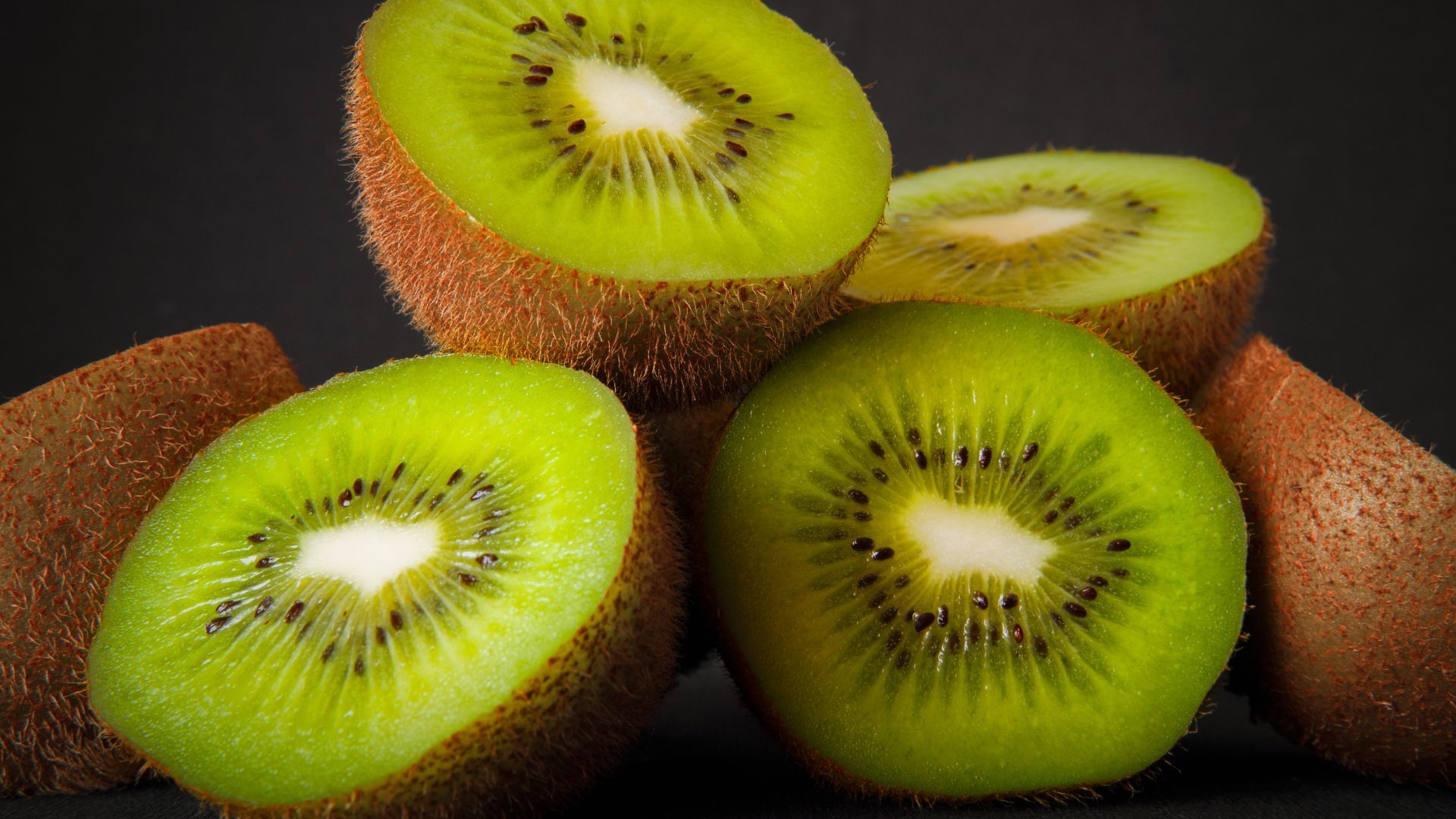Business
Kiwifruit Drives New Zealand’s Fruit Exports to NZ$6.85 Billion

New Zealand’s fruit export industry has seen a remarkable increase of NZ$1.69 billion over the past year, primarily driven by a surge in kiwifruit exports. This information comes from the latest report published by United Fresh in their Fresh Facts 2025 report. Over more than 30 years, United Fresh has played a pivotal role in enhancing New Zealand’s fresh produce supply chain, ensuring the safety and sustainability of food for both local and international markets.
The Fresh Facts 2025 report, released in late October, reveals that the combined value of the country’s fresh and processed produce exports reached NZ$6.85 billion FOB (free on board) for the year ending 30 June 2025. Australia and Japan continue to be New Zealand’s primary export markets, followed closely by China and the European Union.
Jacob Lawes, Project Manager at United Fresh Technical Advisory Group, noted, “Fresh fruit exports alone generated NZ$5.68 billion FOB, a 42 per cent increase over 2024.” He further emphasized the significance of kiwifruit, stating, “Kiwifruit continues to be our largest export crop, contributing NZ$3.66 billion FOB, up 35 per cent compared to 2024.” This growth in export value positions New Zealand closer to achieving its government’s ambitious target of doubling produce exports from NZ$5.08 billion in 2024 to NZ$10.16 billion FOB by 2034.
Based on current growth trends, Fresh Facts 2025 projects that fresh produce exports could climb to between NZ$14.8 billion and NZ$18.5 billion FOB by 2034. Lawes highlighted the importance of the publication as a tool for measuring progress towards national objectives. “Fresh Facts 2025 provides accurate and reliable data, allowing us to track progress against this significant goal,” he stated. The report also indicates that the industry is on track to meet the Aotearoa Horticulture Action Plan (AHAP)’s farmgate value goal of NZ$7.36 billion.
The report further underscores the increasing involvement of Māori in New Zealand’s horticultural sector. Māori-owned land utilized for fruit and vegetable production has expanded to 5,715 hectares, representing a 470 per cent increase over the past two decades. Additionally, Māori horticultural assets are now valued at NZ$3.7 billion.
Each year, the Fresh Facts series provides a comprehensive analysis of various crop sectors, export trends, and emerging developments. The 2025 edition introduces new data regarding logistics and transportation, revealing that 13 air and seaports manage produce exports. The domestic rail network also plays a vital role, transporting significant volumes—11,000 tonnes of bananas, 15,000 tonnes of potatoes, and 19,000 tonnes of onions—across regions for both domestic consumption and export markets.
In a continued focus on sustainability, Fresh Facts 2025 reviewed industry annual reports, finding that 94 per cent mentioned sustainability initiatives. However, only 17 per cent aligned with the United Nations Sustainable Development Goals (UN SDGs), and just 13 per cent utilized data to measure sustainability outcomes. “While sustainability reporting has improved since 2024, there is still a significant gap between awareness and action,” Lawes cautioned. “The industry needs to urgently address this gap to safeguard our natural resources.”
The report also examines key systems shaping the industry’s future, including the integration of artificial intelligence (AI), advancements in food safety, updated industry standards, and new initiatives aimed at attracting talent through scholarships.
As New Zealand’s horticultural exports continue to flourish, Fresh Facts 2025 positions the country’s produce sector as a significant player in the global market, balancing rapid economic growth with the imperative of ensuring sustainable and inclusive practices.
-

 Sports2 months ago
Sports2 months agoNetball New Zealand Stands Down Dame Noeline Taurua for Series
-

 Entertainment2 months ago
Entertainment2 months agoTributes Pour In for Lachlan Rofe, Reality Star, Dead at 47
-

 Entertainment3 weeks ago
Entertainment3 weeks agoNew ‘Maverick’ Chaser Joins Beat the Chasers Season Finale
-

 Sports2 months ago
Sports2 months agoSilver Ferns Legend Laura Langman Criticizes Team’s Attitude
-

 Politics4 weeks ago
Politics4 weeks agoNetball NZ Calls for Respect Amid Dame Taurua’s Standoff
-

 Entertainment2 months ago
Entertainment2 months agoKhloe Kardashian Embraces Innovative Stem Cell Therapy in Mexico
-

 World3 months ago
World3 months agoPolice Arrest Multiple Individuals During Funeral for Zain Taikato-Fox
-

 Sports2 months ago
Sports2 months agoGaël Monfils Set to Defend ASB Classic Title in January 2026
-

 Entertainment1 month ago
Entertainment1 month agoTyson Fury’s Daughter Venezuela Gets Engaged at Birthday Bash
-

 Sports1 month ago
Sports1 month agoHeather McMahan Steps Down as Ryder Cup Host After Controversy
-

 World1 week ago
World1 week agoSevere Winds Hit New Zealand, Over 100 Flights Canceled
-

 Entertainment1 month ago
Entertainment1 month agoTyson Fury’s Daughter Venezuela Gets Engaged at Birthday Bash





















